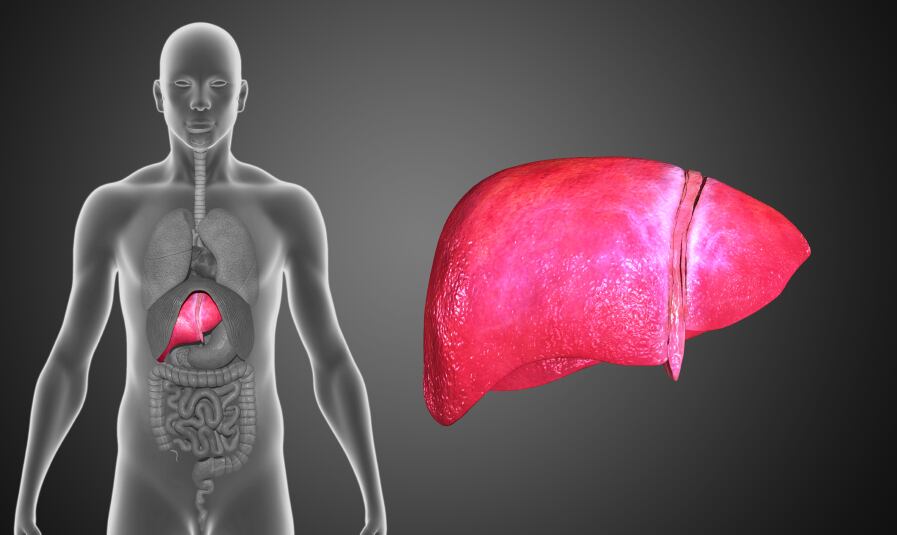Findings detailed in the American Society of Nutrition suggest increasing the intake of selenium intake as one simple strategy for liver cancer prevention. Selenium can be found in foods such as shellfish, salmon, Brazil nuts, meat, eggs, grains onions and is commonly taken in multi or singular supplement form.
Research conducted in 2013 identified liver cancer as the 14th most common cancer in Europe, with around 63,500 new cases diagnosed in 2012 (2% of the total).

In a European collaboration headed up by the International Agency for Research on Cancer (IARC), data was compiled from more than half a million men and women.
They found that two types of liver cancer - hepatocellular carcinoma (HCC) and gallbladder and biliary tract cancers (GBTC) - showed significantly lower circulating selenium and SePP (selenoprotein P) concentrations (an indicator of selenium levels in the blood) than their matched controls.
However this observation was not found with another type of liver cancer, intrahepatic bile duct cancer (IHBC).
Higher circulating selenium was associated with a significantly lower HCC risk but not with the risk of GBTC or IHBC. In a similar vein, higher SePP concentrations were associated with lowered HCC risk.
“The research findings tentatively suggest that where selenium is suboptimal, increasing selenium intake may be a further strategy for liver cancer prevention in addition to avoiding alcohol consumption, maintaining a healthy body weight, and stopping smoking,” said lead researcher Dr David Hughes of the Department of Physiology and Centre for Systems Medicine of the RCSI in Dublin, Ireland.
“However, this is based on a single study with a modest number of liver cancers, and thus our results need to be validated by further studies before any public health recommendations can be made.”
Study details

The study was based on the EPIC cohort, which tracked 520,000 men and women, aged 25–70 years between 1992 and 2000.
These subjects were recruited from 10 European countries (Denmark, France, Germany, Greece, Italy, Netherlands, Norway, Spain, Sweden, and the UK).
Participants were given questionnaires that asked for information on their physical activity, education, smoking, and medical history. Blood levels of selenium and SePP were also collected from participants.
To establish control groups a case–control design of 121 liver cancers and 140 gall bladder and biliary tract cancers was used to match equal numbers of individuals free of cancer within the cohort.
Limited treatment choices
A growing body of data has shown that liver cancer rates are rapidly increasing in traditionally lower-risk industrialised countries, likely due to unhealthy dietary and lifestyle habits.
Experimental and observational evidence suggests that suboptimal intakes of the micronutrient selenium contribute to the development of several cancers.
Selenium is thought to help prevent cancer due to its role in protecting cells from oxidative stress, redox control, and the inflammatory response.
“The incidence of liver cancers is increasing in developed countries. Liver cancers are often diagnosed at late stages and have limited treatment options,” said IARC scientist and study co-author Dr Mazda Jenab.
“Further research is needed into the modifiable determinants of these cancers and effective prevention strategies.”
The collaboration also involved researchers from the Royal College of Surgeons in Ireland (RCSI), Charité Medical School Berlin, and collaborators in the European Prospective Investigation into Cancer and Nutrition (EPIC).
Source: American Society for Nutrition
Published online ahead of print,doi: 10.3945/ajcn.116.131672
“Prediagnostic selenium status and hepatobiliary cancer risk in the European Prospective Investigation into Cancer and Nutrition cohort.”
Authors: David Hughes et al.
